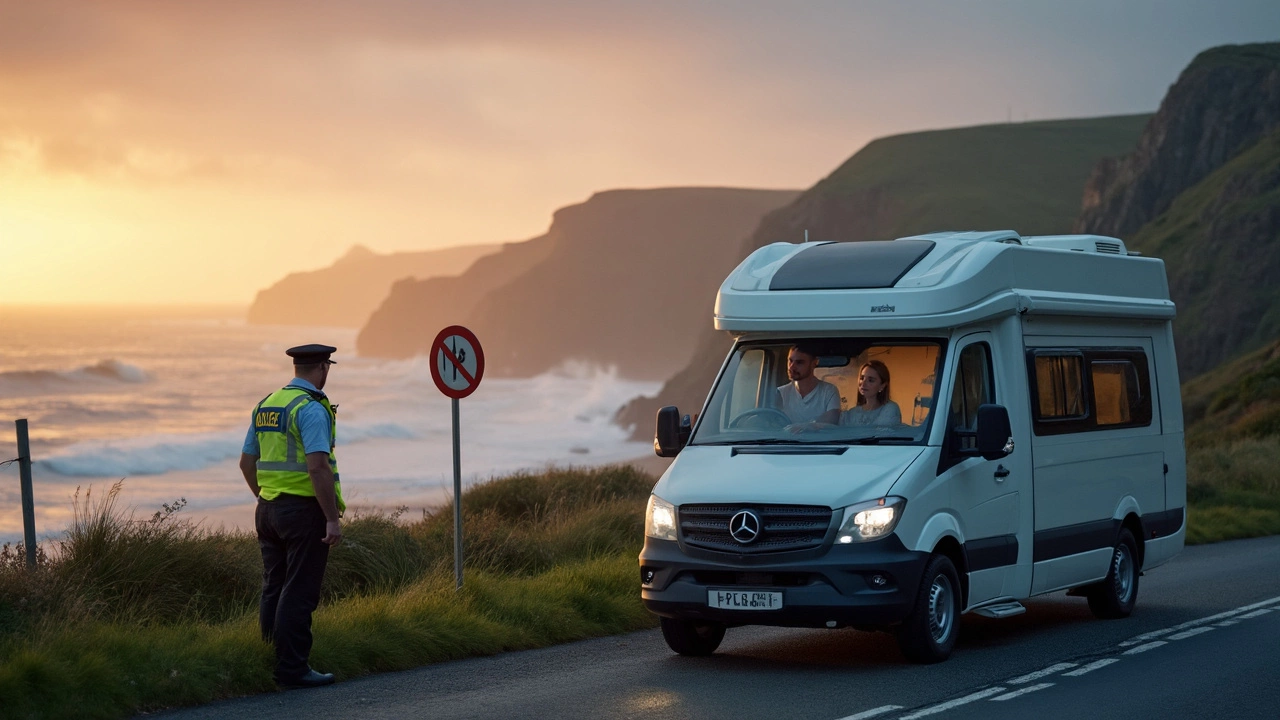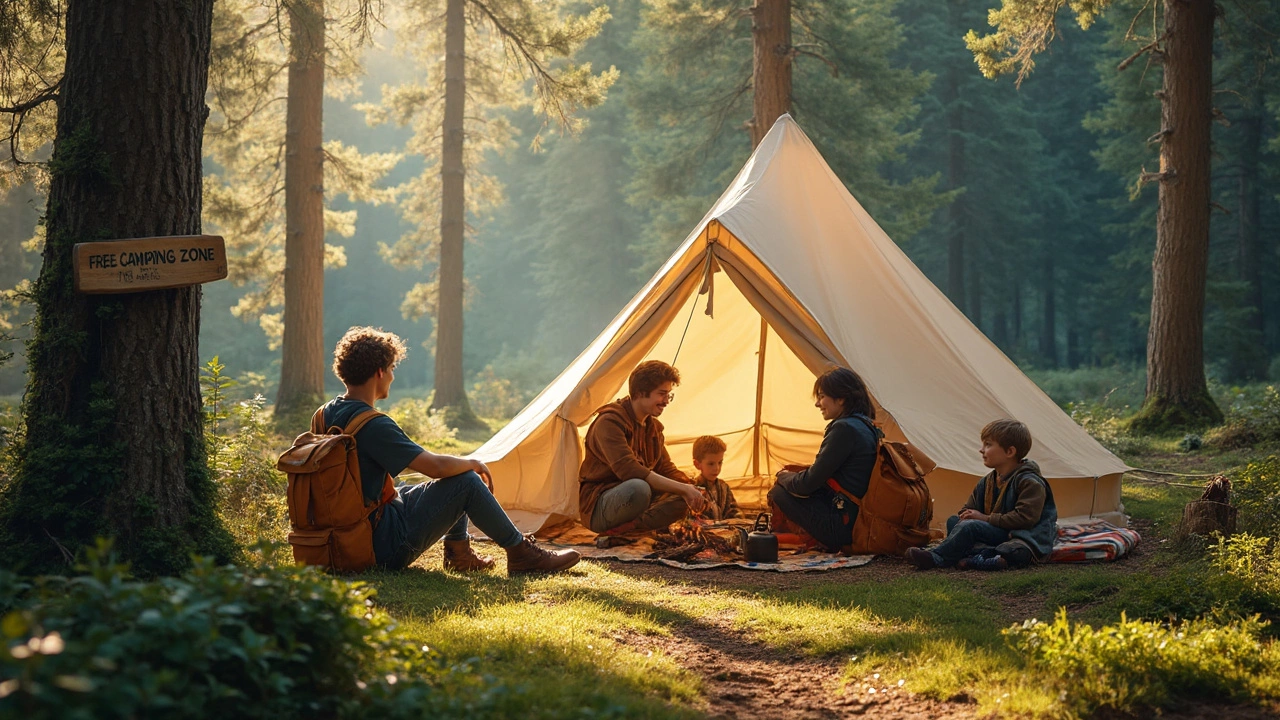Boondocking: Free Motorhome Camping in the UK
If you love the freedom of a motorhome but hate paying for a pitch, boondocking might be your next habit. Boondocking means parking your motorhome on public land, private land with permission, or any spot where you can stay without a fee. It’s the ultimate off‑grid experience: you decide when to move, where to sleep, and how to live with just the essentials.
Before you head out, get a rough idea of how many free spots exist in Nottinghamshire and surrounding counties. Many farmers, countryside estates, and even some industrial areas allow overnight stays if you ask politely. Apps like Park4Night and free‑campsite maps can point you to places that other boondockers have used, but always double‑check the local rules.
Legal Basics and Where to Stay
The biggest worry for new boondockers is legality. In England, you can stay on public land for up to 24 hours as long as you’re not causing a nuisance. That means no loud music, no litter, and you must leave the site clean. For private land, you need written permission – a quick text or email is fine – and you should respect any limits the landowner sets.
When you’re near a village, look for "lay‑by" parking spots on the side of the road. Most local councils allow a one‑night stay if you’re not blocking traffic. If you’re near a motorway service area, you can usually park for a few hours to refresh, but staying the night is a grey area and can attract a fine.
In Nottinghamshire, the Peak District offers plenty of open moorland where wild camping is tolerated, especially if you stay away from popular trails. The key is discretion: keep your lights low, stay hidden, and move on if you see a landowner or ranger.
Gear, Safety and Comfort Tips
Going off‑grid means you need to be self‑sufficient. Start with a reliable portable power station – a 500‑watt unit can run lights, a small fridge, and a phone charger for a night. Pair it with a solar panel if you plan to stay longer; a 100‑watt panel on the roof will keep the battery topped up during daylight.
Water is another must‑have. Carry at least 20 liters of fresh water per night for drinking, cooking, and hygiene. A compact water filter lets you refill from streams safely, but always check local water quality rules.
For waste, a simple cassette toilet works well. Empty it at a proper dump station before you head out again – many service stations and caravan parks offer this for free. Keep a biodegradable soap and a small shovel for any human waste if you have to go off‑site.
Safety-wise, always let someone know where you’re parked and your expected return time. A basic first‑aid kit, a multi‑tool, and a flashlight are essential. If you’re in a remote area, a handheld radio or a cheap satellite messenger can be a lifesaver.
Finally, respect the environment. Pack out everything you bring in, avoid damaging vegetation, and keep noise to a minimum. The more you blend in, the easier it becomes for you and future boondockers to find spots.
Boondocking isn’t just about saving money – it’s about reconnecting with the road, the countryside, and the simple joy of waking up wherever you choose. With the right preparation, you can enjoy countless free nights across Nottinghamshire and beyond, all while staying legal, safe, and comfortable.

